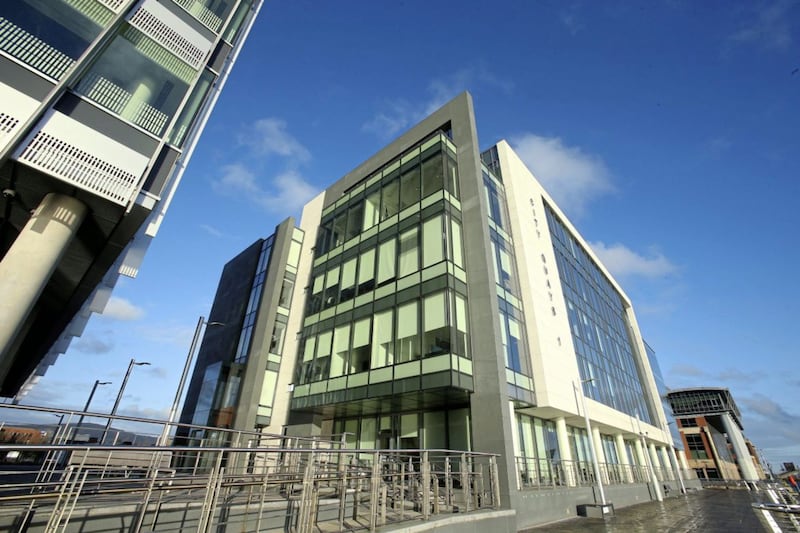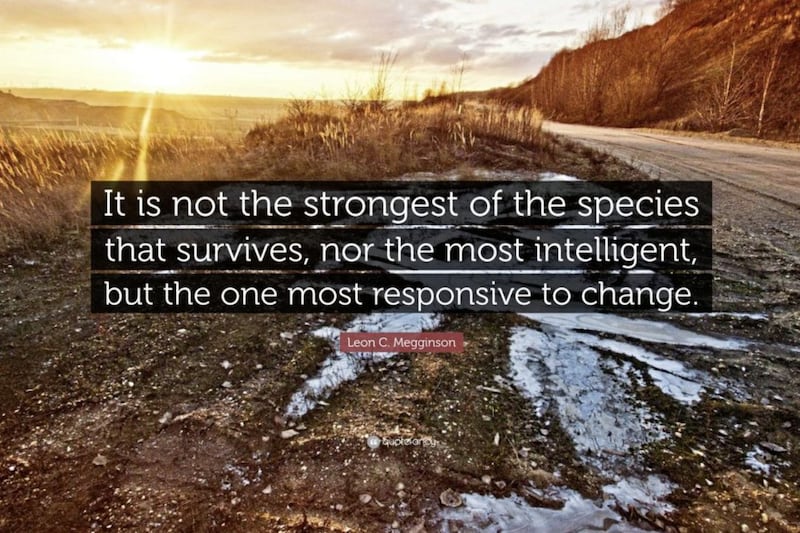YOU may have heard of the famous Team Sky Racing approach to competitive cycling, where they spoke of the principle of marginal gains. This is the theory that if you continue to improve the small things, even by 1 per cent, it all ultimately adds up to significant advantage over your competitors.
What you may not have heard of is the concept of the ‘tyranny of small decisions’; which outlines a much different impact coming from the smaller things. Almost the opposite in fact. This is where a number of smaller decisions are made, that on their own make sense and could seem innocuous or harmless, yet all add up to a significant yet undesired impact.
Take fishing as an example. If you have one lake and there are several fishermen who think only of themselves, they will try to fish every minute of every day. It’s likely they will initially make a handsome profit, but only for so long. At some point they will deplete the stock of fish in the lake and it may never recover. Profits dive, fishermen go broke. If they had thought through the end result of what they were doing, they could have agreed limits and timeframes with the other fishermen, ensuring that each was able to profit, yet allow the lake to maintain a reasonable stock of fish and sustained income.
In the course of our work we make hundreds of small decisions every day. How sure are we of being able to extrapolate out the results of these to see the end result? How confident, when making these, are we in understanding our boundaries and limits? Do we know when we can arbitrarily change course or when we need to seek permission? Are we confident in our span of authority and that of those around us?
We don’t need to navel gaze and consider our decisions every second of every day; that would lead to paralysis by analysis (which is a whole other column) but it’s certainly something we should be aware of. From the outset of a piece of work we should ensure we understand the bigger picture, at least up to the point where we can affect it. We should know our boundaries, autonomy and authority levels. We should establish how, when and where we can deviate from our task instructions and if we need to inform others after (or before) we do.
What’s more, we are now making these decisions in a unique environment; where a great many of us are working from home, physically part from the teams we usually sit with. In the pre-Covid days we could help clarify our decision making by having casual conversations round our desks, or by dropping into someone’s office. Currently, those options are not available to many of us.
It’s important however that this does not push us into acting like we are alone, like we have no support and we must make decisions with no assistance. We do actually have the tools to do all this remotely. We can hold meetings via video link. We can get slow answers via email and quick answers via chat functionality. Being removed from the office doesn’t mean we are unsupported. It just means that we may to be a little bit more proactive.
So now, more than ever, when we are working remotely let’s understand our remit, role and responsibilities when we engage on a piece of work, especially where we will have to make many small decisions.
If we help or clarification then let’s use the tools available to us to get the right information before we make the decisions, not after, when our little actions might lead to a big (unwelcome) impact.
Barry Shannon (bshannon@cayan.com) is human resources director at TSYS Cayan in Belfast.







